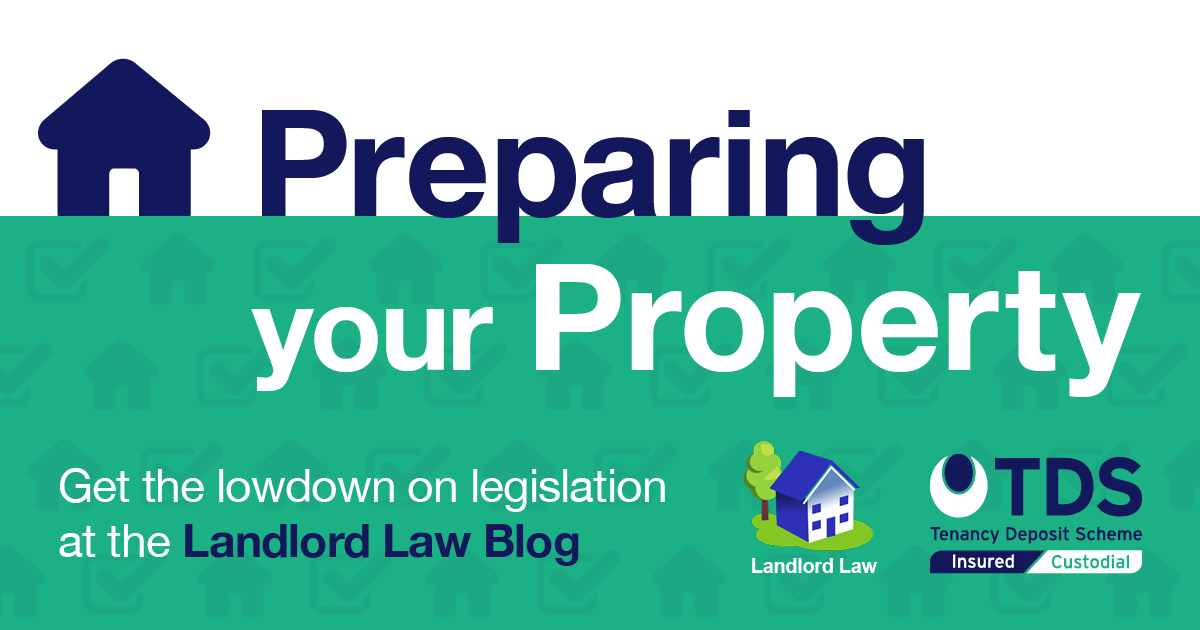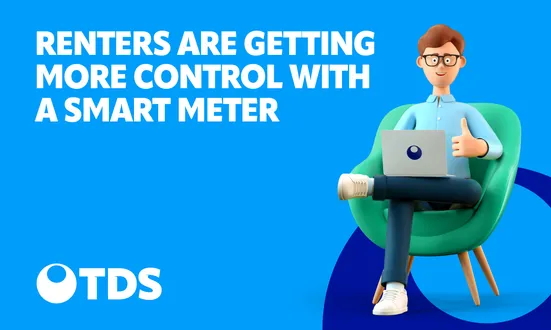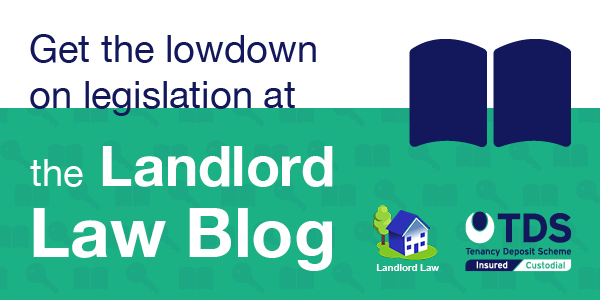So you have just bought a ‘buy to let’ property, or maybe you have inherited it from Auntie, and you are thinking of renting it out to tenants.
Good idea, but before you do anything there are a number of things you need to sort out to make sure you are doing things legally.
Permissions for letting
If you own a freehold property without a mortgage you may not need to worry about this. However:
- If you have a mortgage you will need your mortgage company’s consent (unless it is a ‘buy to let’ mortgage where this is part of the deal)
- If the property is leasehold you need to check your lease to make sure you are allowed to let the property out. Sometimes this may just mean an application and payment of a fee. In other cases the freeholders may not be willing to give permission at all. You need to sort this out, as if you act in breach of your lease, ultimately the freeholder may be able to forfeit it – which means you will lose the property!
- You also need to check your insurance to make sure it covers you for renting property to tenants. There are special insurance products written especially for landlords – ordinary domestic insurance is not suitable.

HMOs and renting to sharers
If you are going to rent to three or more people who are not family, this will usually be classed as an HMO property where special rules apply.
Two things to check first:
- Will you need to get a license from your Local Authority and
- Will your property need planning permission?
Both of these can be answered by your Local Authority so you should have a word with the housing department and get their advice. Note that in some areas, you will need to get a license even if you don’t have an HMO – so probably worth checking with them anyway!
I will be writing more about renting to sharers later on in this series.
The Condition of your property
Rented properties need to be in good condition. Otherwise
- Tenants can bring claims for you to get work done and for compensation and
- Local Authorities can serve improvement notices if the property shows any ‘category 1’ hazards and, if you don’t comply with the notice, bring a prosecution.
You should also get the following checks done:
- A gas safety inspection from a gas engineer registered with the Gas Safe Register – you will need to give a copy of their certificate to your tenants (and the property re-checked every year)
- An electrical check – this is not required for all properties (although it is for HMOs) but it is a very good idea. The last thing you want is claims from tenants due to problems with the electrics.
- A fire safety check. You can speak to the fire service about this, or ideally get a proper assessment done by a company which specialises in this work.
It is best to make sure the property is in tip top condition at the time it is let as it will make things easier for you – plus it is difficult to get work done on properties if someone is living there.
Don’t forget also that furniture and fittings need to comply with the furniture regulations and carry the correct labels.
If you have any electrical appliances which are not new, consider getting a PAT certificate for them (PAT stands for Portable Appliance Testing). You will find more information by doing a search on the internet.
Energy efficiency
This is a big one. At the moment you need to get an Energy Performance Certificate before advertising your property to let and you must give a copy of this to prospective tenants.
However from April 2018 there is a requirement that all properties will need to have minimum energy performance rating of E on an Energy Performance Certificate. There is a useful information page on the Residential Landlords Association page here.
Conclusion: Preparing your property
It is important that you get all necessary permissions and ensure that your property is in tip top condition before you start to advertise to rent. The authorities are getting more particular about standards and more and more prosecutions are being brought against landlords.
It is unwise to assume this ‘won’t happen to you’ so make sure you do all you can to sort things out properly from the start.
Next time I will be looking at checking tenants.
In the meantime you can find me at www.landlordlaw.co.uk, my Landlord Law Blog at www.landlordlawblog.co.uk and on twitter @TessaShepperson.
Tessa Shepperson
Tessa is a lawyer specialising in landlord & tenant law and runs the popular Landlord Law online service for landlords.
Other news stories



